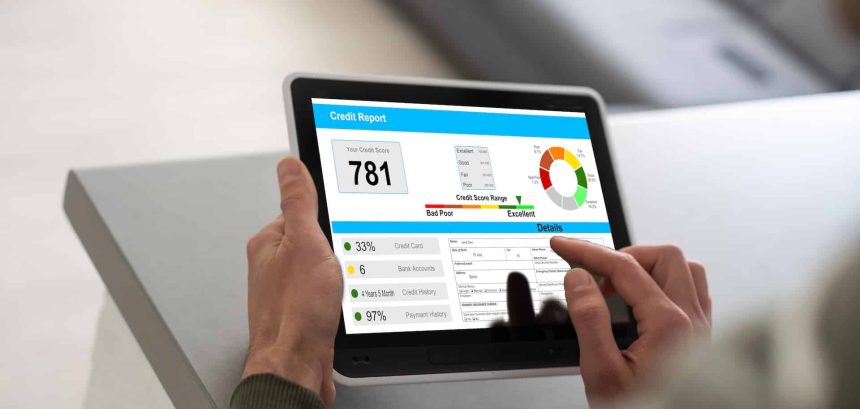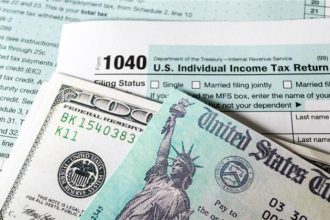Credit Sesame explores how consumer credit habits are shifting in 2025 as rising debt, inflation, and economic uncertainty prompt Americans to rethink their spending and borrowing.
Consumer credit habits in 2025 reflect growing financial anxiety
In early 2025, signs of economic stress are beginning to show in household credit behavior. With inflation still high and the U.S. economy contracting slightly in the first quarter of the year, consumers are adjusting how they spend, save, and borrow. These changes are visible in everything from rising credit card delinquencies to shrinking loan applications and growing emergency fund activity.
Lenders and analysts are watching these shifts closely, as they reflect not only financial caution but also the potential for deeper instability in the credit markets.
Credit card balances remain high while payments slow
Total U.S. credit card balances reached $1.13 trillion at the end of 2024, according to the Q4 2024 Household Debt and Credit Report from the Federal Reserve Bank of New York. What has changed is how consumers are managing that debt. A growing number of households only make minimum payments, a warning sign that many struggle to keep up.
Delinquency rates also increased. The report shows that 3.5 percent of credit card debt was at least 30 days late in Q4 2024, up from 2.6 percent a year earlier. Rising interest costs and inflation-driven budget strain are key factors.
Fewer new credit applications signal borrower hesitation
Many Americans are thinking twice before taking on new debt. According to the January 2025 Senior Loan Officer Opinion Survey from the Federal Reserve, demand for credit cards and auto loans declined throughout the second half of 2024.
At the same time, banks are tightening lending standards, anticipating more credit risk ahead. This combination is shifting consumer credit habits toward more conservative borrowing and reduced reliance on financing for non-essential purchases.
High interest rates are shaping everyday decisions
With the Federal Reserve maintaining elevated interest rates, the average credit card APR is hovering around 21.6 percent, according to the March 2025 G.19 Consumer Credit Report from the Federal Reserve. The high cost of borrowing is pushing many consumers to rethink how they use credit, particularly for everyday expenses.
Some opt for balance transfer cards, personal loans, or other forms of lower-cost debt to manage existing balances. Others are cutting back on credit use altogether in favor of budgeting or seeking support from family members.
Economic uncertainty is driving defensive financial behavior
Fears of a mid-2025 recession are affecting how Americans handle money. According to a recent MarketWatch article, more than half of Americans report that their financial situation is worsening, and many are delaying large purchases such as homes and cars. Additionally, a Redfin survey cited in the same article indicates that about one in four Americans are canceling plans to make big purchases due to economic uncertainty.
Emergency savings accounts may be gaining renewed attention as more households brace for economic instability. Consumers concerned about job security or rising expenses may focus on protecting their credit scores by paying on time and keeping credit utilization low. Some may also turn to free credit monitoring tools as a way to catch early signs of financial trouble.
What to do if your credit habits need a reset
If managing your debt feels more difficult in 2025, it may be time to take action. Consider these strategies:
- Pay more than the minimum whenever possible to reduce interest charges.
- Review your monthly budget and look for places to cut back.
- Check your credit reports regularly to monitor for errors or fraud.
- Explore debt consolidation options that offer lower interest rates.
- Use tools from services like Credit Sesame to track your credit and stay informed.
Use smarter credit habits to stay one step ahead
Consumer credit habits in 2025 are shifting toward caution, but caution does not mean standing still. As borrowing slows and delinquencies climb, staying informed and acting early can make all the difference. By building flexibility into your budget, using credit selectively, and monitoring your score, you may be better positioned to face financial surprises without falling behind.
If you enjoyed How 2025 economic fears are impacting consumer credit habits you may like,
Disclaimer: The article and information provided here are for informational purposes only and are not intended as a substitute for professional advice.
Read the full article here














